READY TO GET STARTED?
REQUEST A FREE ESTIMATE
Fill out the form below or call (888) 466-7849 for a free, no-obligation estimate.
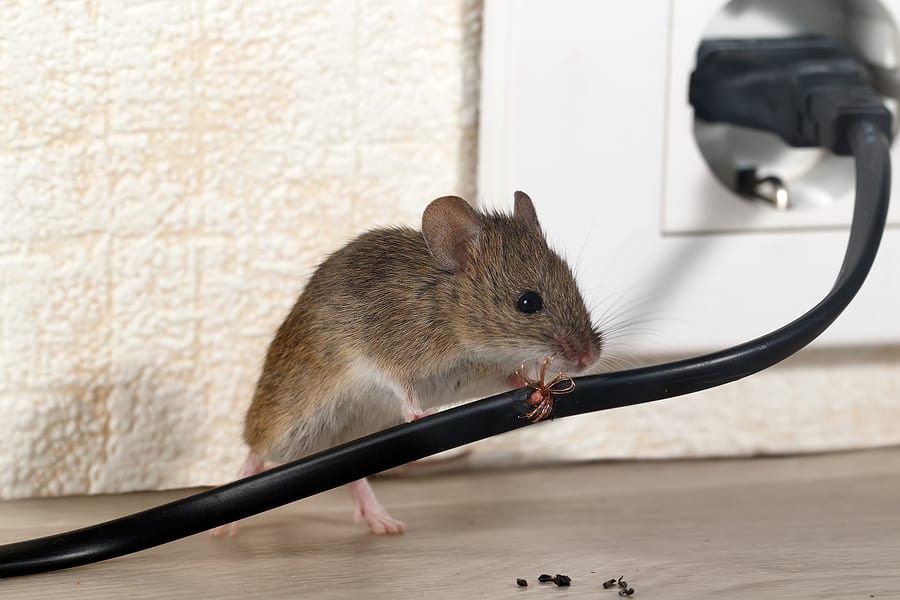
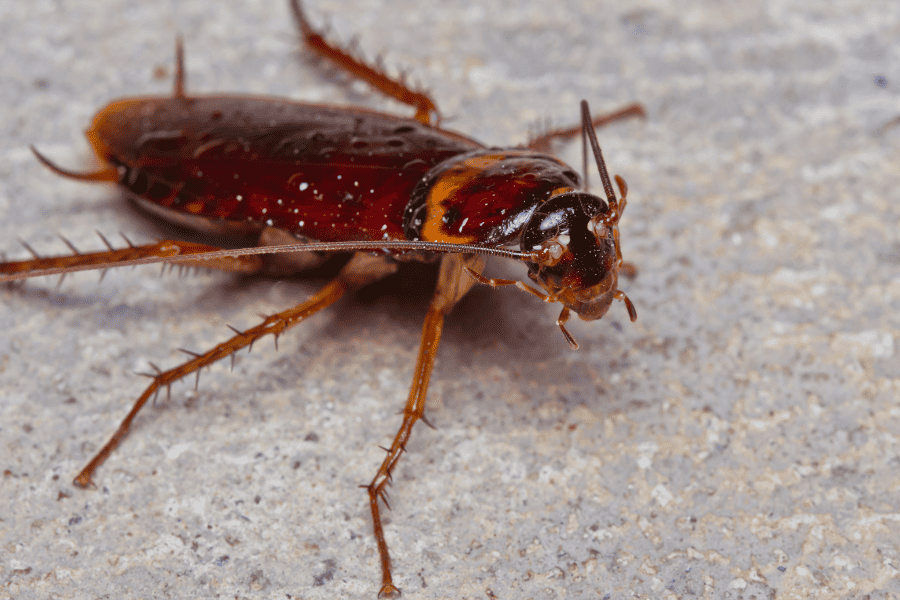
Cockroaches are common household pests seeking a warm environment to provide them with food and water. These pests can pose a serious health risk to humans as they transmit diseases and trigger allergies and asthma. Roaches will utilize any small hole, gap, or cervices to enter your home. They are also known to hitch a ride inside grocery bags, boxes, and used appliances.
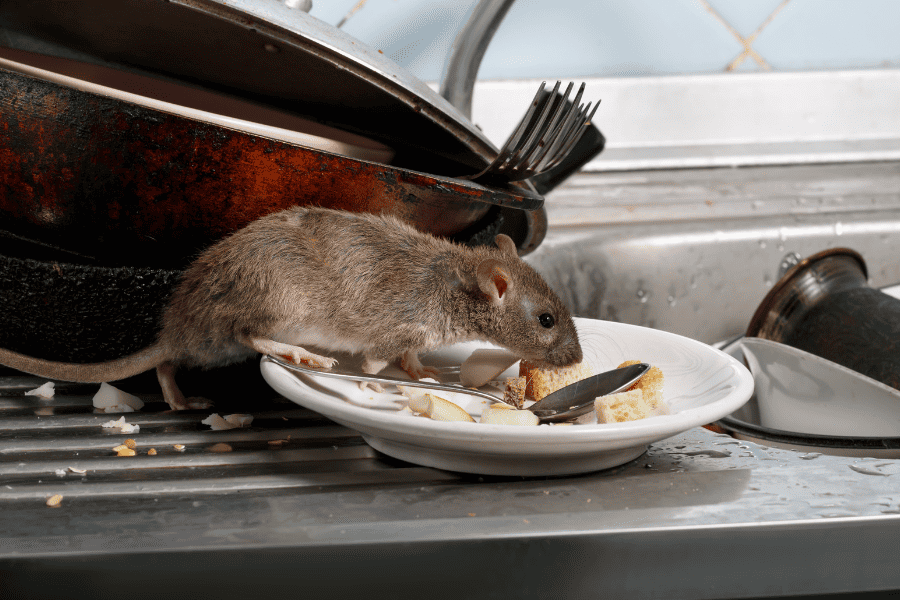
Rodents, including rats and mice, are year-round pests but they can become a major problem as the winter season approaches. Rodents will seek out warmth, food, shelter, and water inside our homes, squeezing through small holes and gaps to get inside. Mice and rats can cause damage to our homes and be a health risk to humans as they are known to chew through insulation, wiring, wood, and contaminate surfaces through their droppings.
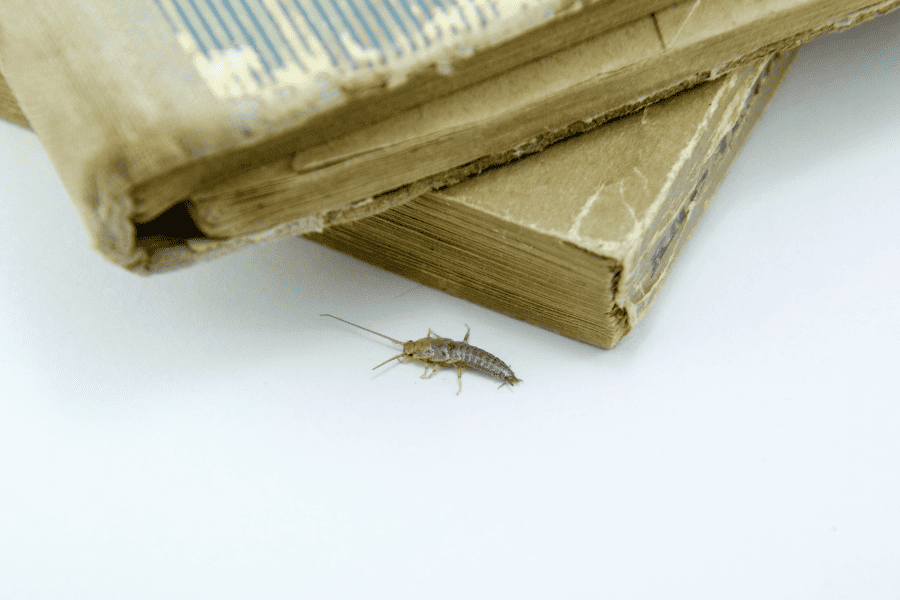
These pests will look to your basements and bathrooms to seek a damp, cold place to live in. While silverfish are harmless to humans, they can invade in numbers, and cause them to be a major nuisance to remove them. These pests will often gain access to your home by hitching a ride through the items you’ve taken out of storage in your garage or attic. Silverfish will also feed on your books, glue, wallpaper, and boxes.
It might seem impossible to deter wildlife creatures from your home during the winter but by placing certain preventative measures throughout your property, you can avoid their infestation! Check out these winter pest control tips when you want to keep these pests away:
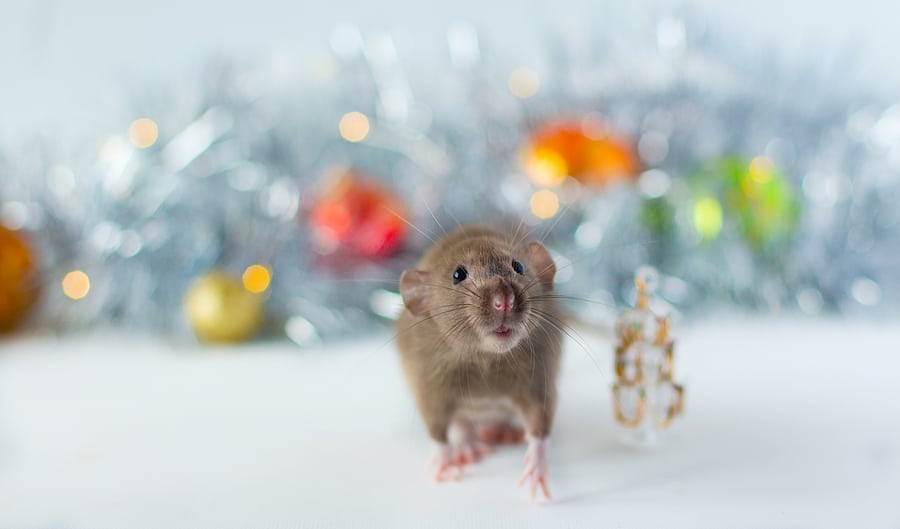
The holiday season in Georgia brings joy, warmth, and festive cheer. However, it also marks the arrival of unwanted guests – holiday pests that can disrupt your celebrations. As temperatures drop, pests seek refuge indoors, making pest-proofing your home a crucial step in ensuring a pest-free holiday season. In this guide, we’ll explore common winter and holiday pests, along with effective tips for holiday pest proofing and elimination.
If you find yourself facing an infestation despite your best efforts, it’s crucial to act promptly. Our expert pest control services are tailored to address the unique challenges posed by holiday pests. We utilize advanced techniques and environmentally friendly treatments to ensure a safe and pest-free home.
Don’t let holiday pests dampen your festive spirit. Take proactive steps for holiday pest proofing and enjoy the season without unwanted visitors. Contact your local pest control company today for a free pest control quote, and let our experienced team safeguard your home for a joyful and pest-free holiday season.
Wishing you a happy and pest-free holiday season!
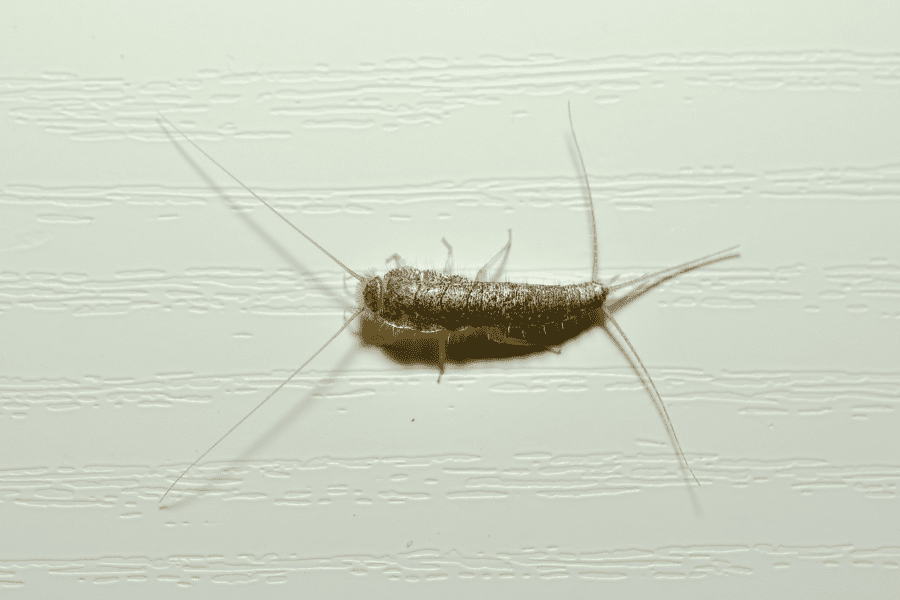
During the winter season, we don’t typically see a lot of pests around, but that doesn’t mean they aren’t present! Certain wildlife pests tend to look towards our Laurens home to escape the cold, causing damage and posing a health risk in the process. For homeowners, it’s important to understand the types of winter pests that could invade and the winter pest control methods needed to keep them out. Check out our top 3 winter pests to look out for in Laurens, South Carolina.
During the winter, cockroaches enter our homes to search for heat and humidity. Common roaches found in homes are American roaches, oriental roaches, and brown-banded roaches. These pests can pose a serious health risk to humans, as they’re known to transmit diseases and trigger allergies and asthma. Roaches will utilize any open gap or hole to find their way inside homes. These pests will also hitchhike on grocery bags, boxes, and used appliances. You will often find them in areas where food and water are available, such as our kitchens and bathrooms.
Termites are year-round pests and will destroy the structural integrity of homes. The damage termites can cause will often cost billions in repairs. Termites, such as subterranean termites, will eat the wood from the inside out, usually staying hidden until the damage is done. These termite types need soil to live, creating mud tubes to search for a food source. Firewood and mulch are two major attractants to termites and will provide a way inside your home. If they’ve infested, you can often find them in the home’s baseboards, crawlspaces, and wooden beams.
Silverfish prefer to live in damp, colder places. These pests are quite common in the winter months and are often found in basements or bathrooms. If they’ve gained access to your living space, it’s usually because they’ve hitched a ride when you’ve taken items out of storage in your garage or attic. While these pests are harmless to humans, if they infest in large numbers, they can become a nuisance. Silverfish will feed on your books, glue, wallpaper, and boxes.
There are several methods and preventative measures you can implement to keep these pests from invading your home! Consider these winter pest control tips when you want to keep these pests away:
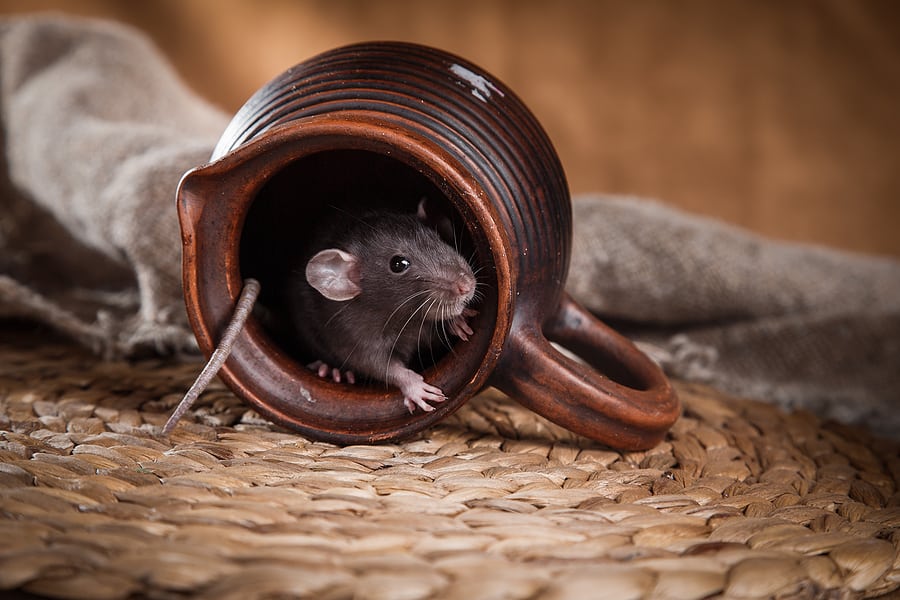
Despite our best wishes, pests don’t just disappear when the weather gets cold. Winter pest control becomes critical to keeping your house protected during the season. Overwintering pests will make their way indoors to escape the cold and have access to a plentiful food supply. Common overwintering pests include roaches, spiders, and rodents.
Overwintering pests pose a threat to both you and your home. They can chew through wires and insulation, contaminate surfaces and food, spread diseases, and trigger allergies and asthma.
Help protect your home with these 14 tips for winter pest control:
If you have a problem with winter pests, contact your local pest control company for a complete evaluation and treatment plan.
How to Prevent Bed Bugs While Traveling
How Do I Prepare For Termite Treatment?
Rodents to Lookout for this Winter
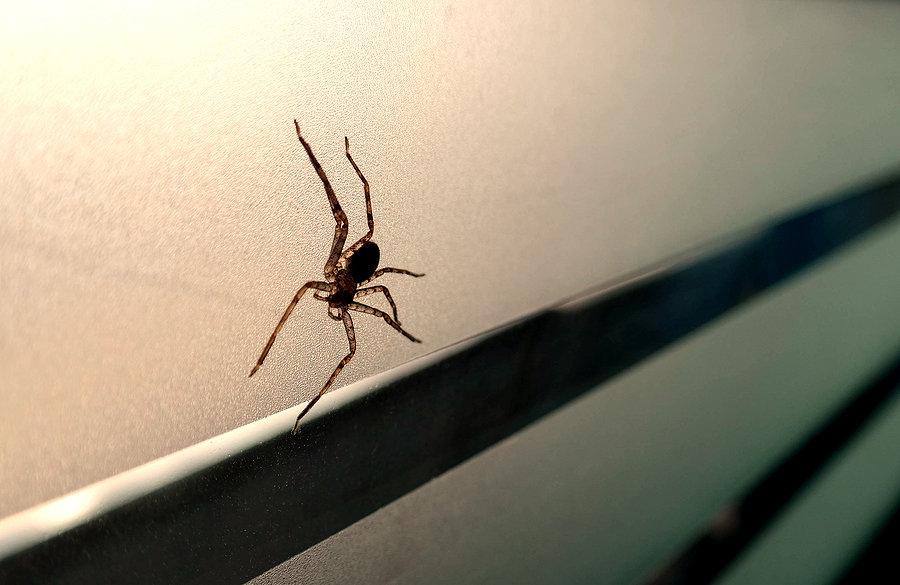
It’s a common myth that spiders come into our homes to overwinter until spring. In actuality, they most likely were already there to begin with. These household pests are more active in fall and early winter for two main reasons: they are preparing winter and the upcoming scarcity of food and they are mating and in search of a partner to reproduce with.
House spiders take up residence in your home year-round. Spiders can be beneficial to have around as a form of natural pest control as they eat other insects (even other spiders) found around your house.
One exception to this is the brown recluse spider. They will seek warmth and food indoors in the winter by hiding out in dark, unused areas of your home. Brown recluses are identified by the distinct violin-shaped mark on their back. They will bite and are considered harmful to humans.
You can prevent spiders in your home by:
If you have an issue with spiders, contact your local pest control company for an inspection.
When Does Swarming Season Begin?
Should I Worry About Cockroaches?